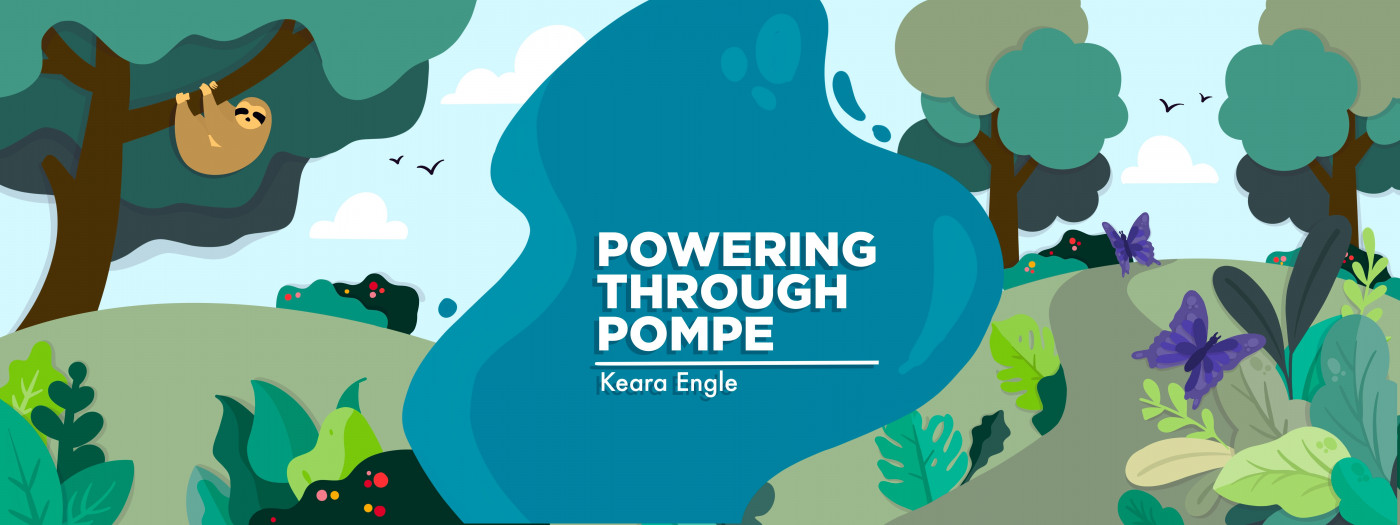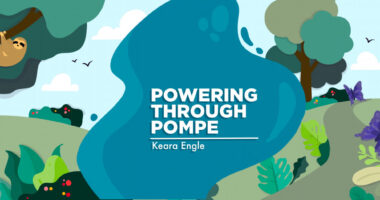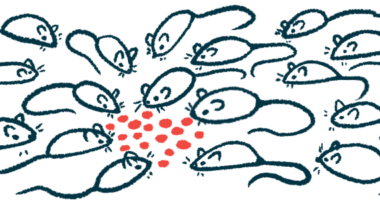Why I Choose to Share Our Story

When you have a child, you have so many concerns and thoughts. One came up soon after I had my son, Cayden, four years ago. He was diagnosed with infantile-onset Pompe disease at just 1 month. At the time, I had no clue whether I wanted others to know his diagnosis. But after a lot of thinking, I decided to go public with our story.
It started when I made Cayden his own Facebook page. His page has grown quite the following over the years, and it’s actually the reason that I was able to connect with the staff at BioNews, the publisher of this site. Other Pompe families from all over the world have found his page, and I’m thankful that I’ve been able to welcome them into the Pompe family.
Not every parent is comfortable with sharing their child’s diagnosis with the world, and that’s OK! Some families may choose to talk about it the day they find out, some not for a few months, and others decide to keep it private forever. We chose to go public with Cayden’s story not too long after he was diagnosed.
The main reason I still choose to share my son’s story is to bring awareness to such a rare disease. Our story has reached hundreds of people already, which lets me know that I’m succeeding at spreading awareness.
When Cayden was diagnosed, I had never heard of Pompe disease, let alone what it can do to one’s body. Many other parents find themselves in the same predicament, which is overwhelming. It’s one thing to find out your child has a rare disease, but when it’s one you’ve never heard of, things are even scarier.
These parents (myself included) run to the internet frantically searching for answers. But a lot of this information is outdated and no longer accurate. Instead of searching for answers, I ended up just stressing myself out even more. I was tired of seeing all the medical talk online. I wanted to see real people and hear real stories. But not many people were sharing their stories online, so I decided to do it myself in hopes of helping other parents out there in the same situation.
I have decided to share all sides of our story: the good, the bad, and the terrifying. Of course, everyone is ecstatic when I post good things about Cayden. However, I think it’s just as important to share the bad sides of his disease, too, because not every day is a good day.
There have been countless times when Cayden was sick and cooped up in the hospital. While times like these are so hard to share, it’s our life. Being open about it helps people recognize that so many ups and downs come with a rare disease. An individual can be thriving for a while and then end up in the hospital for weeks over something like the common cold or pneumonia.
I often wonder if my son, when he’s older, will feel upset about me sharing his story with the public. While I do it for all the right reasons, he is the one actually going through it. However, I am adamant that if there’s ever a time when Cayden comes to me and asks me to stop sharing his life online, I will do so without hesitation. He deserves privacy, just like anybody else. But my hope is that he will be just as willing to share his story himself once he’s old enough to do so.
Note: Pompe Disease News is strictly a news and information website about the disease. It does not provide medical advice, diagnosis, or treatment. This content is not intended to be a substitute for professional medical advice, diagnosis, or treatment. Always seek the advice of your physician or other qualified health provider with any questions you may have regarding a medical condition. Never disregard professional medical advice or delay in seeking it because of something you have read on this website. The opinions expressed in this column are not those of Pompe Disease News or its parent company, BioNews, and are intended to spark discussion about issues pertaining to Pompe disease.








Comments